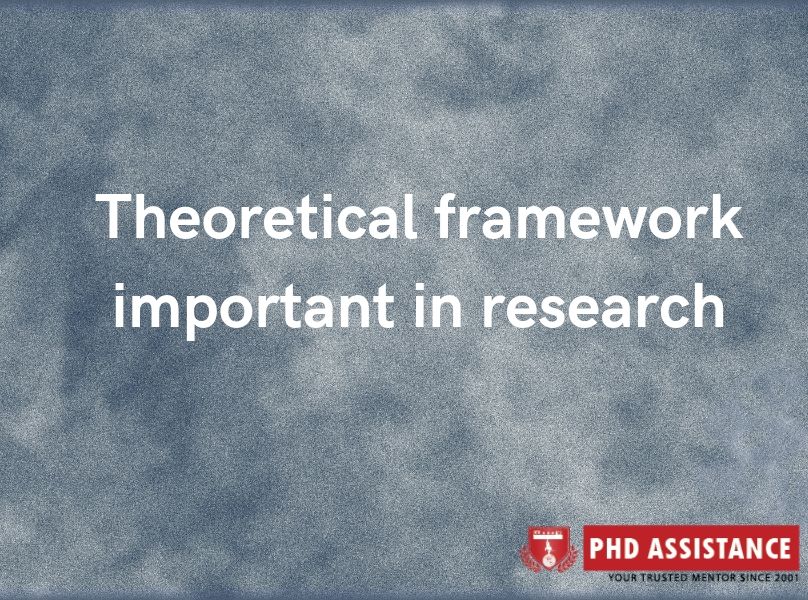Building a Theoretical Model Important

Building a theoretical model is important for several reasons across various fields of study:
Understanding Complexity: Theoretical models provide a simplified representation of complex systems, making it easier for researchers to comprehend and study the underlying structures and relationships within those systems.
Hypothesis Generation: Theoretical models serve as a foundation for generating hypotheses. They guide researchers in formulating specific predictions about how variables should behave or interact in a given situation.
Organizing Knowledge: The process of building a theoretical model involves synthesizing existing knowledge and research findings into a coherent framework. This helps organize information and provides a systematic way to understand and explain phenomena.
Predictions and Testing: A well-developed theoretical model allows researchers to make predictions about the outcomes of experiments or observations. These predictions can then be tested empirically, providing opportunities to validate or refine the model based on real-world data.
Communication: Theoretical models facilitate communication among researchers by providing a common language and framework for discussing concepts, relationships, and findings. This shared understanding is crucial for collaboration and the advancement of knowledge within a particular field.
Identifying Gaps in Knowledge: The process of constructing a theoretical model often reveals gaps in current understanding or areas where more research is needed. This can guide future investigations and contribute to the growth of knowledge in a particular field.
Policy Implications: In fields such as economics, sociology, or political science, theoretical models can have practical applications in informing policy decisions. By understanding the theoretical underpinnings of a system, policymakers can make more informed choices.
Innovation: Theoretical models can inspire creative thinking and innovation by suggesting new ways of conceptualizing and approaching problems. They provide a framework for exploring novel ideas and solutions.
Generalization: Theoretical models aim to capture essential features of a phenomenon, allowing for generalization beyond specific instances. This generalization contributes to the development of theories that can explain a wide range of observations.
Adaptation and Evolution: As new evidence and insights emerge, theoretical models can be adapted and refined to accommodate the evolving understanding of a field. This adaptability ensures that theories remain relevant and reflective of the latest knowledge.
In summary, building a theoretical model is a fundamental step in the scientific process, providing a structured framework for understanding, explaining, predicting, and advancing knowledge in a particular domain.
Thank you.